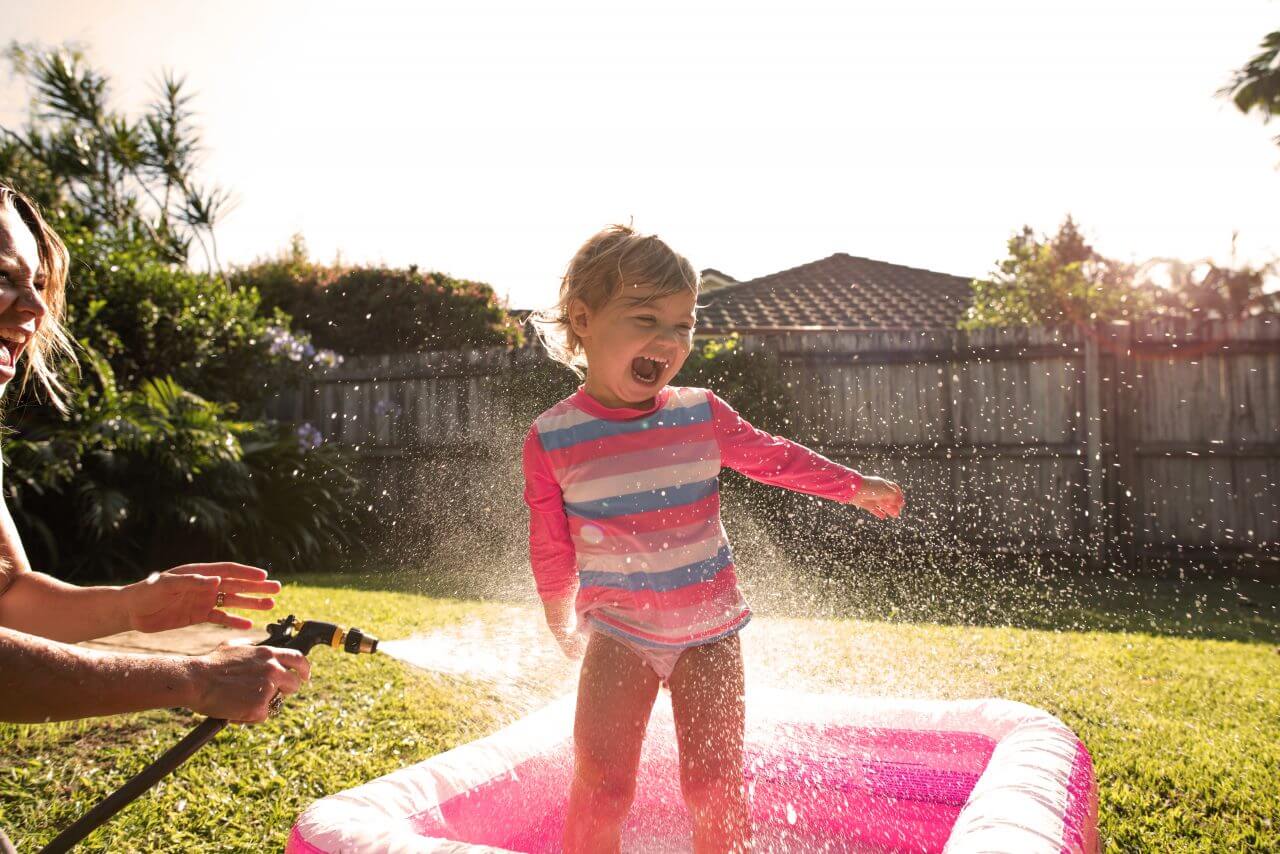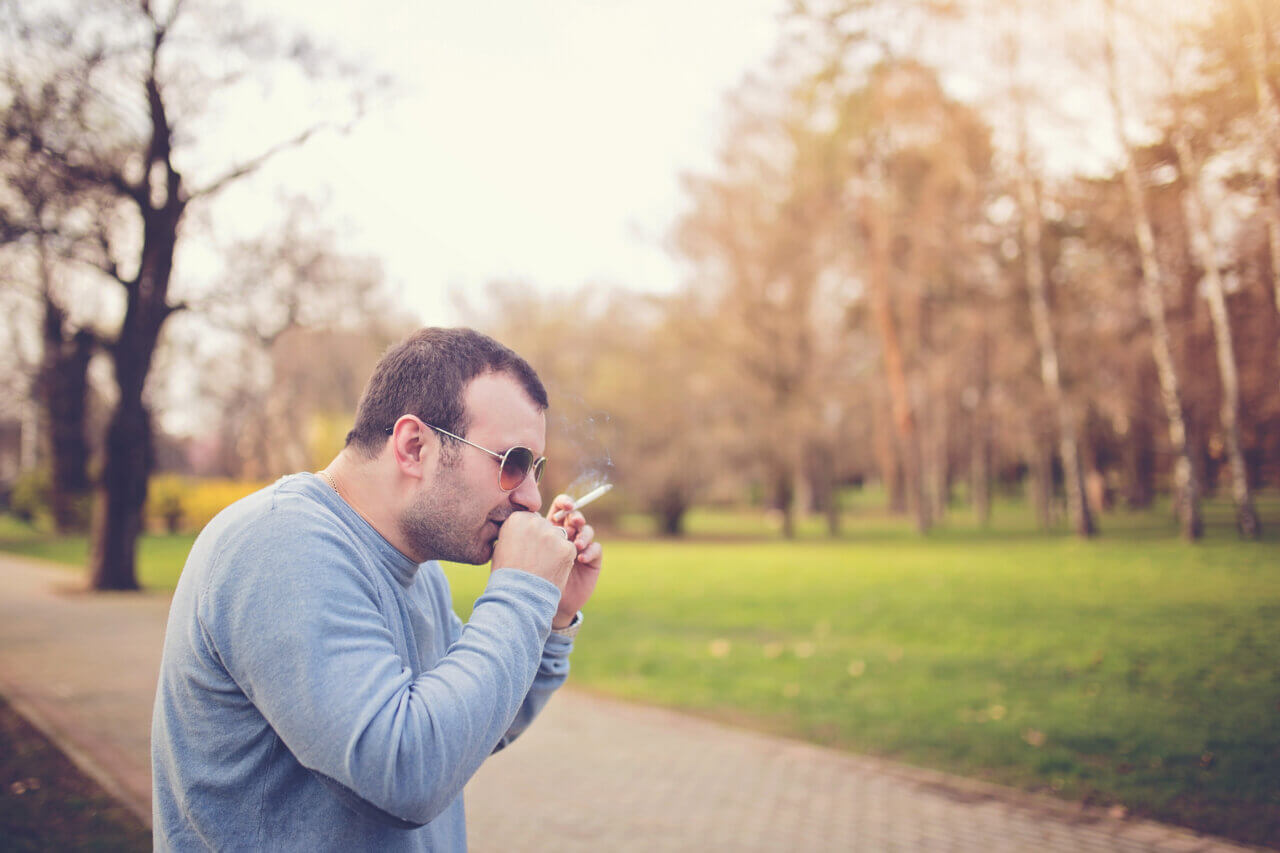Pool Safety & Precautions

There’s nothing more quintessentially “summer” than a cannonball into the deep end. No matter your age, you should feel free to grab an inflatable raft and float your cares away.
However, don’t forget about pool safety. Drowning is a serious epidemic; there are nearly 10 unintentional drownings in the U.S. everyday most of which involve children younger than 4.
What Causes Drownings?
- Not being able to swim. Formal swim lessons reduce the risk of drowning in children ages 1 to 4, research shows.
- No barriers between children and water. Fences help save lives.
- No adult supervision. Even with lifeguards present, drowning can still occur.
- Lack of life vests. Eighty-eight percent of victims who drowned during boating accidents in one year were not wearing life jackets.
- Drinking. Alcohol associated with 70 percent of deaths related to water recreation. Being tipsy affects coordination and judgment, and alcohol’s effects are heightened by the sun and the heat.
- Seizure disorders. Drowning is the most common cause of unintentional death among those with seizure disorders. The most likely location? The bathtub.
Safer Water Checklist
To improve the safety of your pool, make sure the following are in place:
- Safety gate
- Child-resistant lock on the gate
- Pool cover for when the pool is not in use
- Pool alarm (if the gate is ajar or someone falls in the pool)
- Safety drain cover
What Lurks Below the Surface…
Pools can be home to norovirus, E. coli, and a slew of bacteria and parasites that cause illnesses such as cryptosporidiosis, shigellosis and giardiasis. Most of these will cause digestive problems, akin to the “stomach flu,” but the they also can contribute to symptoms such as swimmer’s ear, eye infections and skin irritations.
To protect yourself and your family:
- Make sure the pool is properly chlorinated.
- Don’t swim if you’re experiencing digestive issues.
- Tattle if you see someone confusing the pool for a bathroom.
- Make sure babies wear swim diapers.
- Don’t drink the pool water.
- Wash your hands after exiting the pool.
See more Baptist Health tips on how to stay safe in the pool this summer or learn more about the American Red Cross’s swim classes and water safety.



